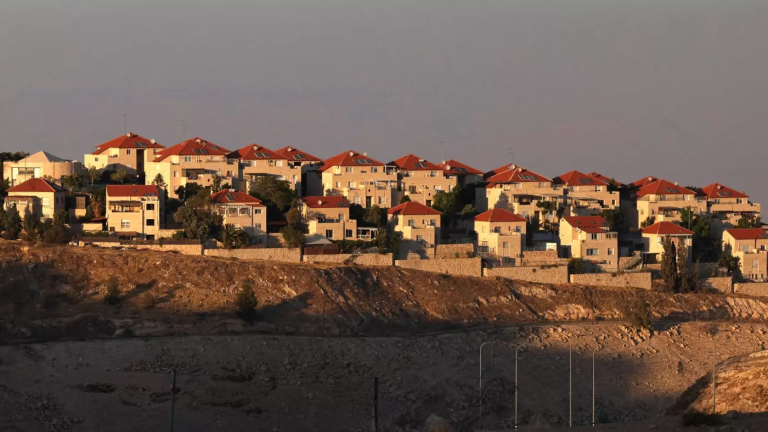
Civil Services in Gaza
Every society requires some form of civilian authority to provide basic services, maintain public order, and ensure civilian life goes on. This is particularly true in times of crisis, catastrophe, and war. The territory of Gaza, with a population of 2.3 million, is particularly in need of these services. Under international law, the occupying forces are responsible for providing these services to their “enemy” civilian population. This was the case even before October 7, when Hamas provided this function and carried out these services with Israeli









